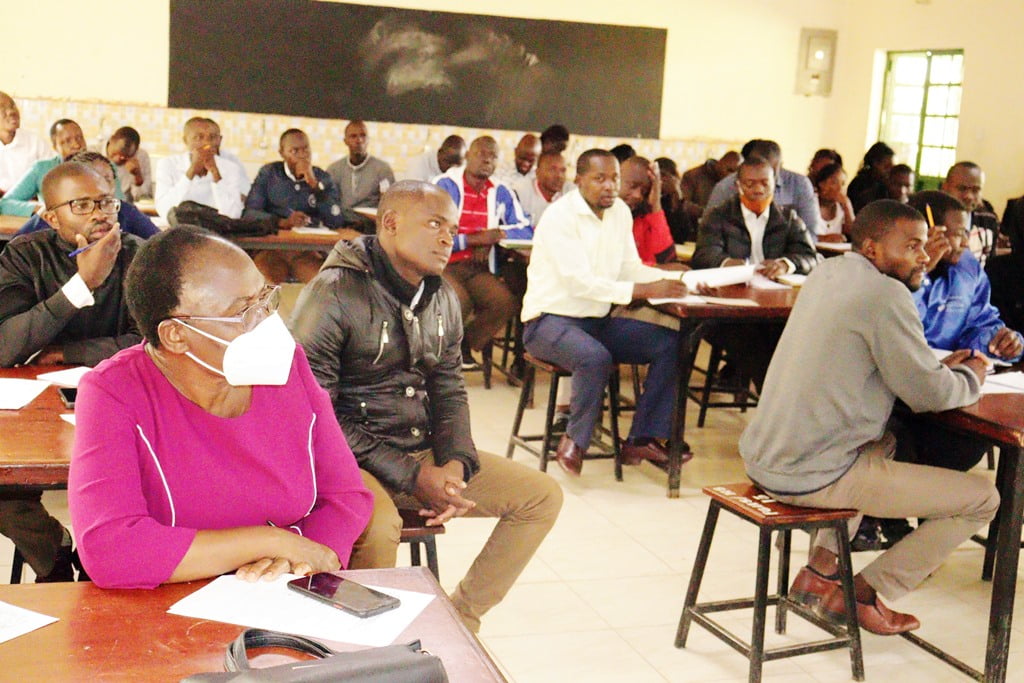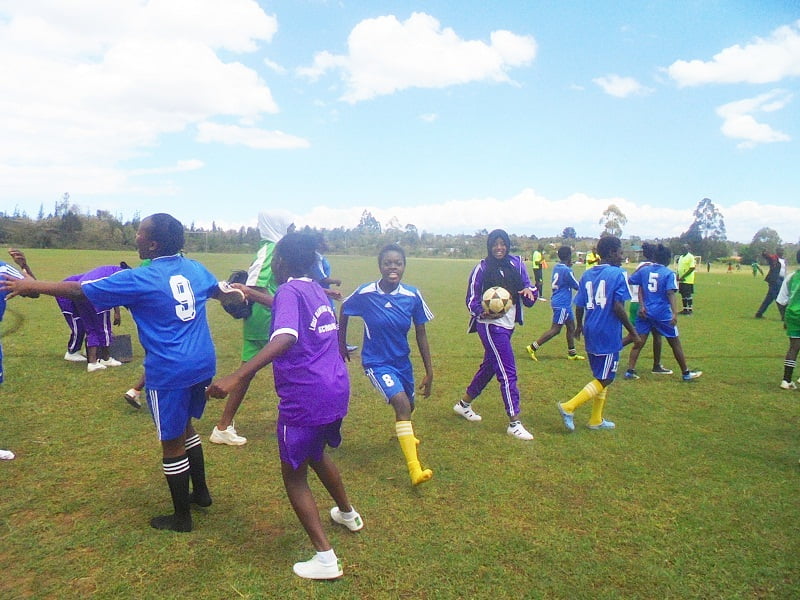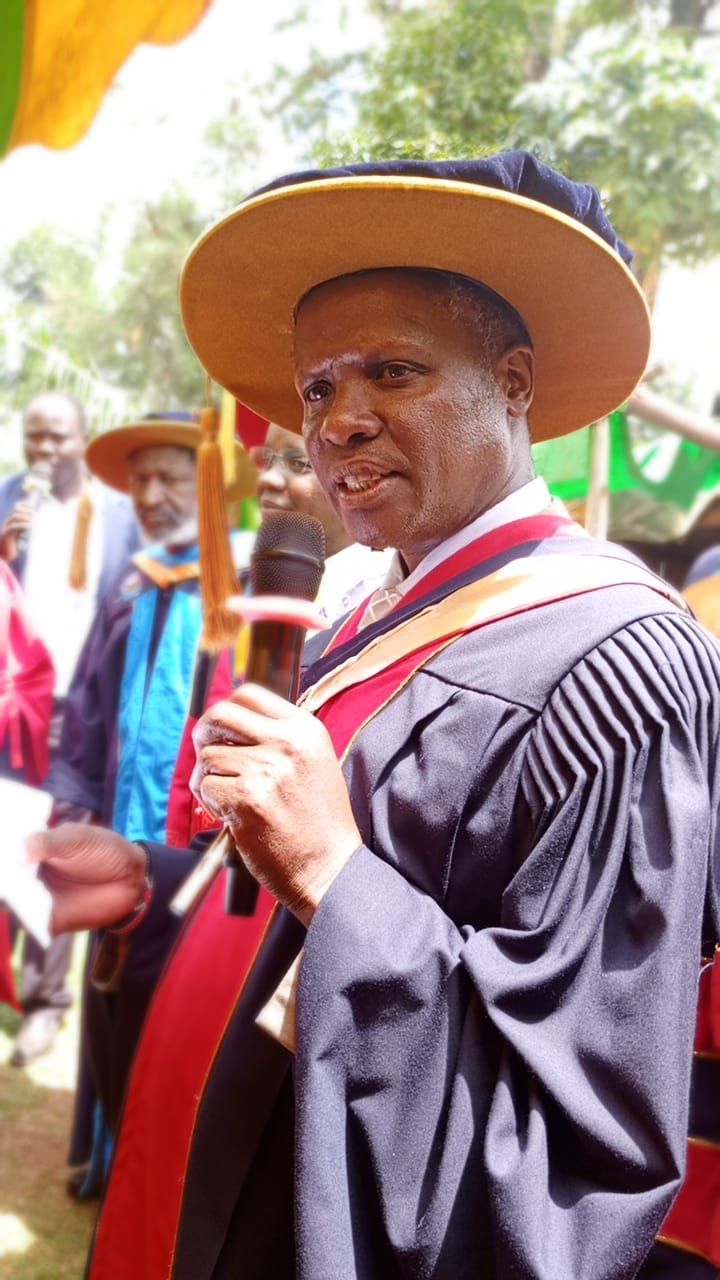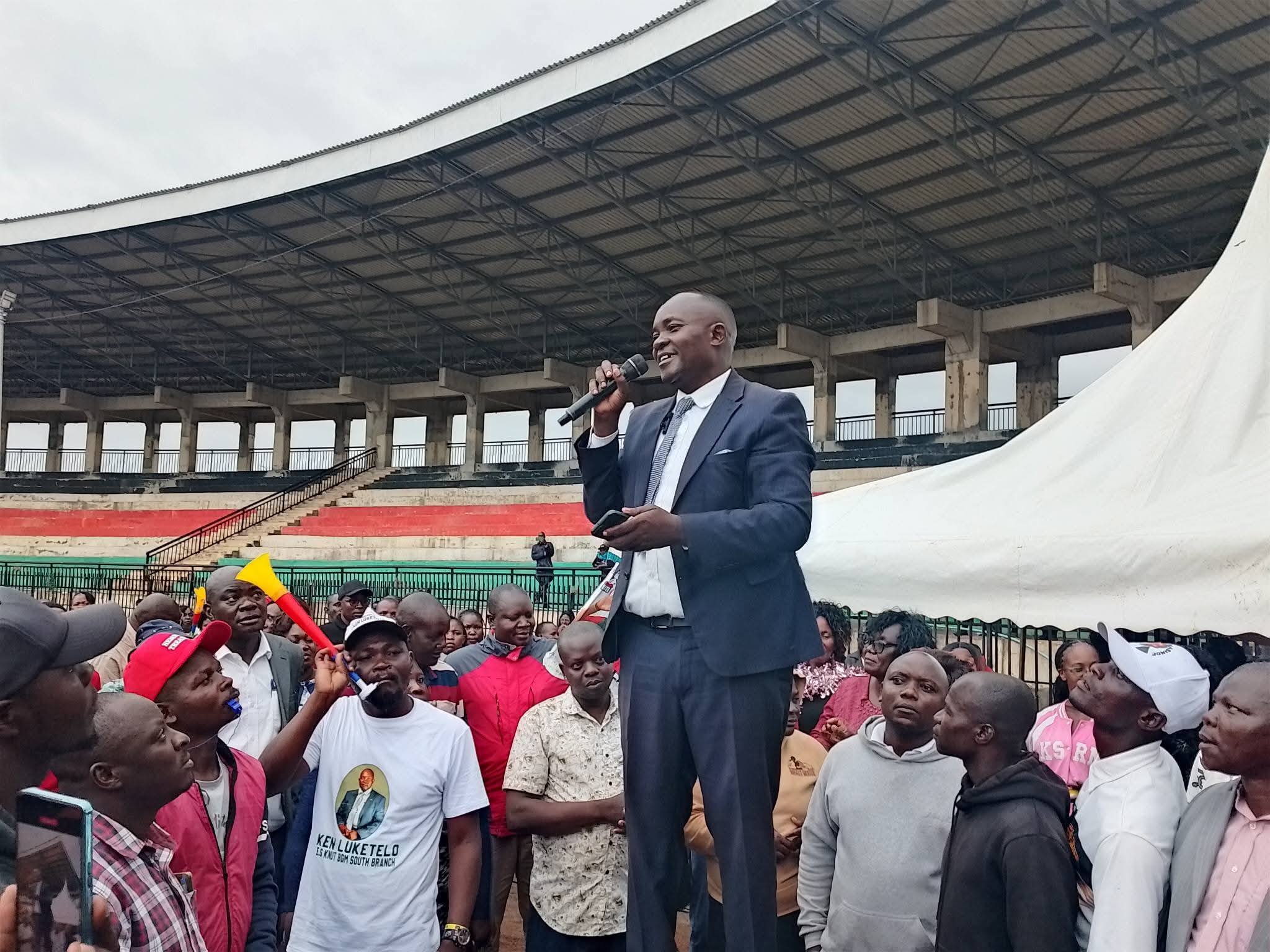By Cally Imbai
Negative attitude towards science subjects and less practical work in schools have been cited as the major contributor to low uptake of science related disciplines at the university level and a major obstacle in making Kenya a manufacturing and industrialized country as envisaged in the Vision 2030.
Speaking during Science, Technology and Mathematics (STEM) workshop at Igunga Girls High school in Vihiga County, Prof. William Shivoka of Masinde Muliro University of Science and Technology (MMUST) stated that without students who love science subjects like Physics, Chemistry, Biology and Mathematics it will be difficult to achieve the vision.
On her part, Dr. Rapando Wakhu, a physics lecturer at the same university noted that since sciences are optional in schools, this has also lowered their uptake, further leading to fewer doctors in the country.
“All fears are supposed to be allayed so that we can have more learners taking science courses which are essential for students who intend to take Medicine and other Science related courses. The situation as currently is has led to fewer medics in the country currently.” Dr. Wakhu said.
According to the lecturer the issue needs to be addressed at the secondary school level in order to change the attitude of students towards science disciplines.
Dr. Philip Amuyunzu, also a lecturer of Physics at MMUST said that they had embarked on a training and awareness drive in schools in Western to empower and equip teachers with pedagogical approaches that will make them improve their performance.
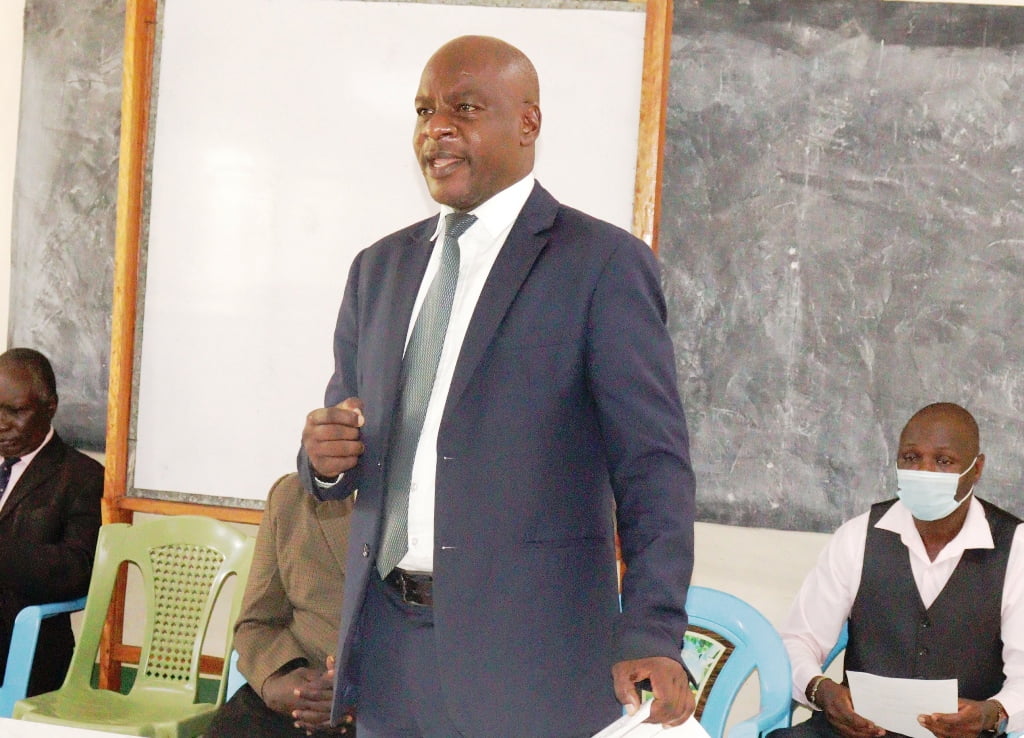
He further said that MMUST as a University of Science and Technology is planning to use the online platform to reach the teachers and students across the whole country over the issue of sciences.
“At this point we feel that we need to give impetus to science teachers to rejuvenate them so that they can now impact positively on the candidates. The means of Mathematics are partly affected by the students’ attitude and partly the teachers’ approaches,” he said.
Igunga Girls High school Principal (who is also a Science Teacher), Rachel Amukhale stated that the problem with sciences begins far back in the colleges where most of the teachers received 80 per cent theory and only 20 percent practical which leaves most of the teachers with a lot of mastery of content but when it comes to passing that information to the learners it becomes a great challenge.
“If you teach sciences theoretically the student suffers, these are practical oriented subjects which need demonstration before the content is passed to them. Recently we asked the Teachers Service Commission (TSC) to introduce education school after graduation where pedagogy or the teaching skill is stressed,” said Amukhale.
The workshop brought together STEM teachers from 10 schools in Vihiga and Kakamega Counties where students and teachers were able to interact with trainers to help change the attitude of learners and improve the uptake of science subjects and courses at the university level.


